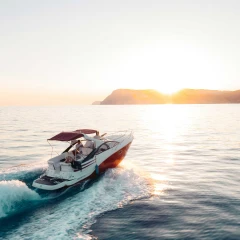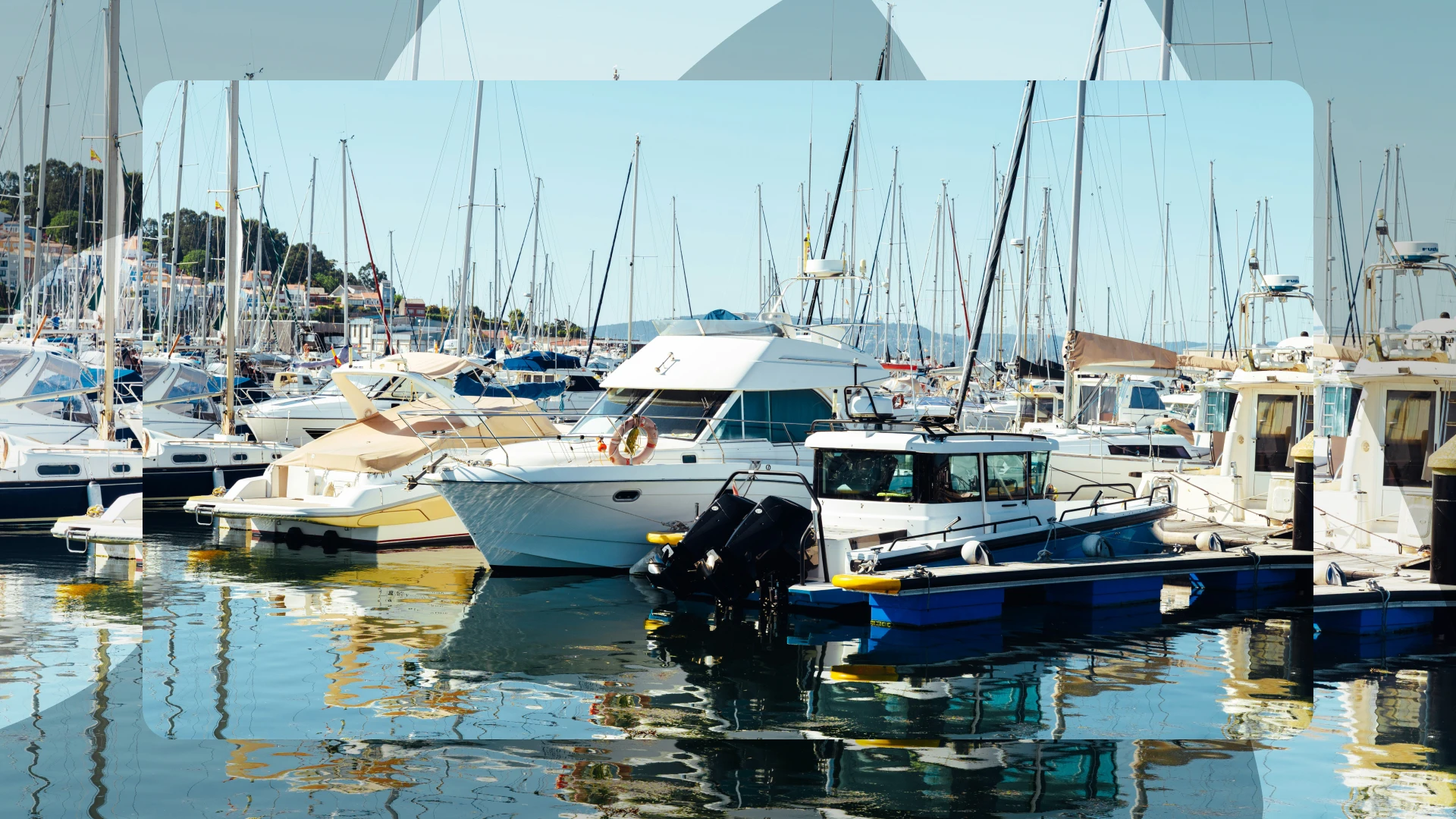













Disclaimer: This article is for general informational purposes only and is not legal or insurance advice. Coverage availability, terms, and costs vary by insurer, policy, and location. Always confirm your specific coverage details with a licensed insurance provider.
Many boaters think insurance is only necessary during the boating season, when the vessel is in the water. But risks don’t hibernate when your boat does. Winter brings its own challenges — from ice and freeze damage to theft and vandalism. Even in storage, your boat remains an investment worth protecting.
Coverage needs vary by insurer and location. Always confirm details with your provider before relying on coverage.
Even when your boat is stored on land or under cover, it’s not risk-free. Here are some of the most common winter threats:
If not properly winterized, freezing temperatures can crack engines, damage plumbing, and destroy fittings. Some policies may help cover freeze-related claims, subject to proper winterization and policy terms.
Snow, ice, and winter storms can damage tarps, structures, or even topple stored boats.
Winter storage lots or driveways can be targets for thieves, especially for outboard motors, electronics, or trailers.
Boats left unattended for months are vulnerable to vandalism or break-ins.
Indoor storage facilities carry their own risks, such as electrical fires.
If your boat is financed or stored at a facility, continuous coverage is often required. Lapses could put you in breach of your loan terms or marina agreement.
Insurance isn’t just for when the boat is on the water. Comprehensive coverage may extend protection to winter-specific risks, so you’re not left paying out-of-pocket for costly damage.
Boats are expensive assets. Carrying year-round insurance means your investment remains protected against loss, even during months you’re not actively using it.
Knowing your boat is insured through winter lets you focus on planning next season instead of worrying about what could happen in storage.
Drain water systems, add antifreeze, and prep the engine are some of the most important things to do when winterizing your boat.
Indoor or covered storage reduces exposure to weather.
Locks, alarms, or removing high-value electronics can help.
Confirm whether freeze damage, vandalism, or storage-related losses are included in your coverage.
Winter might seem like a safe time to pause coverage, but the season comes with its own risks. Keeping your boat insured through the off-season may help protect against theft, storm damage, freeze-related issues, and more.
